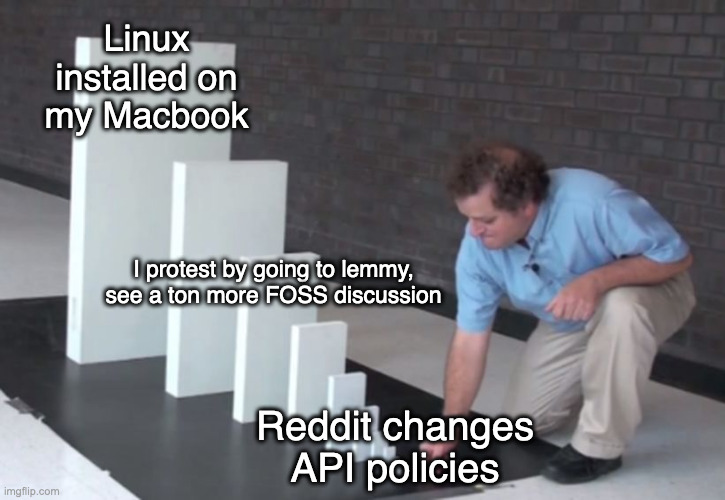

I can’t think of a scenario where we’ve improved something so much that there’s just absolutely nothing we could improve on further.
Progress itself isn’t inevitable. Just because it’s possible doesn’t mean that we’ll get there, because the history of human development shows that societies can and do stall, reverse, etc.
And even if all human societies tends towards progress, it could still hit dead ends and stop there. Conceptually, it’s like climbing a mountain through the algorithm of “if there is a higher elevation near you, go towards that, and avoid stepping downward in elevation.” Eventually that algorithm brings you to a local peak. But the local peak might not be the highest point on the mountain, and while it is theoretically possible to have gotten to the other true peak from the beginning, the person who is insistent on never stepping downward is now stuck. Or, it’s possible to get to the true peak but it requires climbing downward for a time and climbing up past elevations we’ve already been to, on paths we hadn’t been on. One can imagine a society that refuses to step downward, breaking the inevitability of progress.
This paper identifies a specific dead end and advocates against hoping for general AI through computational training. It is, in effect, arguing that even though we can still see plenty of places that are higher elevation than where we are standing, we’re headed towards a dead end, and should climb back down. I suspect that not a lot of the actual climbers will heed that advice.



Well, also, these are documents written in the past, before 1948, when the Supreme Court invalidated the effect of racial covenants.
But the language remains, with no legal effect. But it’s still there and should be eliminated. There’s no cat and mouse game, just the need for cleanup of something left from the past.